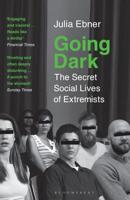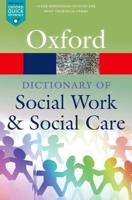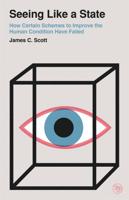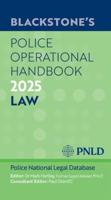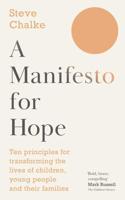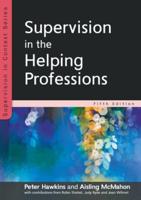Publisher's Synopsis
At a time when terms like "The Great Society" and "War against Poverty" are commonly used to indicate growing public awareness of welfare as a concern of national and international policy, and when the advantages of welfare are being questioned and debated in many areas of the community, this fundamental examination of the meaning and nature of welfare is a significant contribution. It represents the ideas of four world-famous scholars, each of them from a different cultural tradition and a different academic discipline; these scholars were carefully chosen by the School of Social Work, University of Toronto, to present a series of lectures marking the fiftieth anniversary of the School, and the result is a well-integrated, provocative, and authoritative statement on this social institution which accounts for the consumption of more than one-tenth of the national income of all modern industrialized societies. The theme of all their remarks is the wisdom of welfare: each contributor speaks in the light of his own academic and cultural experience, and each re-defines welfare in terms of twentieth-century knowledge, making significant proposals for the further exploration of the underlying ideas in his topic. In his introductory Commentary Professor Morgan considers the ideas which have particular relevance for Canada as touchstones for the future welfare of this country. All the contributors agree that welfare as an expression of human aspirations and as a legitimate expectation of organized society deserve a significant proportion of society's human and material resources. This is a book which will merit careful reading by all those concerned with this most critical area of social behaviour. Social scientists and social workers will find it stimulating. Fundraisers and contributors alike will benefit greatly from the thoughtful statements presented here.

